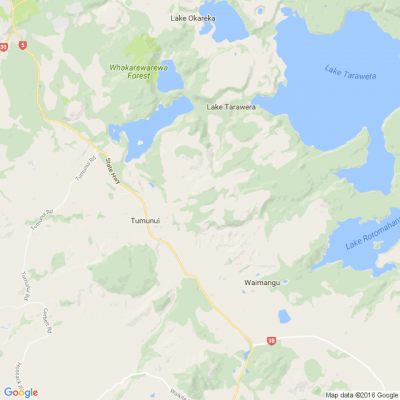Textile Fibres and Their Characteristics
We are passionate about fabrics and finding the right solutions for our customers. With over 110 years of experience in the textile industry we have compiled some of this knowledge and look forward to sharing it with you over the next year through our blog series – An Educational Yarn. Our first topic explores the different characteristics of textile fibres.
Textile fibres are natural or synthetic structures that can be spun into yarn. Yarns are then woven, knitted or bonded into fabric. The inherent characteristics of fibre properties directly relate to the performance and required care and maintenance of the finished fabric, therefore understanding fibres and yarns will in turn help you to understand the how to apply specific fabrics within your interior schemes.
Natural Fibres: Occurring in nature; which are of animal, vegetable/plant or mineral origin.
COTTON (Plant Origin)
• A strong fibre, even stronger when wet, cotton has good natural durability.
• Can be affected by mildew however a mildew resistant finish can be applied to reduce this issue.
• Generally has reasonable sunlight resistance but should be protected with a quality lining when used as a drapery and protected from direct sunlight when used as an upholstery.
• It is an absorbent fibre which means it can move with changing humidity levels.
• May shrink with laundering but this can be reduced through a finishing process on the fabric known as sanforising.
Sunlight resistance can be greatly reduced in acidic polluted conditions.
SILK (Animal origin; an animal fibre that comes from the silkworm. The silkworm creates its cocoon from very long silk fibres which are harvested from mulberry trees.)
• It is naturally fine in texture, and colours beautifully.
• Its biggest disadvantage in furnishing is its sensitivity to UV light degradation (direct and reflected). Due to its sensitivity, it should not be used in direct sunlight or even bright light.
• An absorbent fibre, it has the potential to move in humid environments.
• Silk is a relatively strong fibre and can withstand a certain amount of abrasion, particularly when used in conjunction with
• a backing fabric.
• Unrivalled in splendour and smoothness, silk is regarded the most exclusive of all natural fibres.
LINEN
Plant origin; derived from cellulose fibres that grow inside the stalks of the flax plant.
• As with cotton it is affected by acidic pollution.
• Can be affected by mildew which will likely cause the fibre to deteriorate over time.
• Considered to be the strongest of the natural fibres; if constructed for upholstery it is very durable, particularly when blended with up to 10% nylon.
• Is regarded as a luxury fibre because of its lustre and texture.
• It is an absorbent fibre which means it can move with changing humidity levels
• Linen has moderate sunlight resistance and should be protected by a quality lining when used as a drapery and protected from direct sunlight when used as an upholstery.
Keep reading: www.curtainclean.co.nz...

Poll: When should the tree go up? 🎄
From what we've heard, some Christmas trees are already being assembled and decorated.
What are your thoughts on the best time to get your Christmas tree up?

-
4.8% Second half of November
-
43.7% 1st December
-
17.6% A week before Christmas
-
32.8% Whenever you wish
-
1.1% Other - I'll share below
Live Q&A: Garden maintenance with Crewcut
This Wednesday, we're having another Neighbourly Q&A session. This time with John Bracewell from Crewcut.
John Bracewell, former Black Caps coach turned Franchisee Development Manager and currently the face of Crewcut’s #Movember campaign, knows a thing or two about keeping the grass looking sharp—whether it’s on a cricket pitch or in your backyard!
As a seasoned Crewcut franchisee, John is excited to answer your lawn and gardening questions. After years of perfecting the greens on the field, he's ready to share tips on how to knock your garden out of the park. Let's just say he’s as passionate about lush lawns as he is about a good game of cricket!
John is happy to answer questions about lawn mowing, tree/hedge trimming, tidying your garden, ride on mowing, you name it! He'll be online on Wednesday, 27th of November to answer them all.
Share your question below now ⬇️

Poll: Should all neighbours have to contribute to improvements?
An Auckland court has ruled a woman doesn’t have to contribute towards the cost of fixing a driveway she shares with 10 neighbours.
When thinking about fences, driveways or tree felling, for example, do you think all neighbours should have to pay if the improvements directly benefit them?

-
82.5% Yes
-
14.7% No
-
2.8% Other - I'll share below







 Loading…
Loading…




















